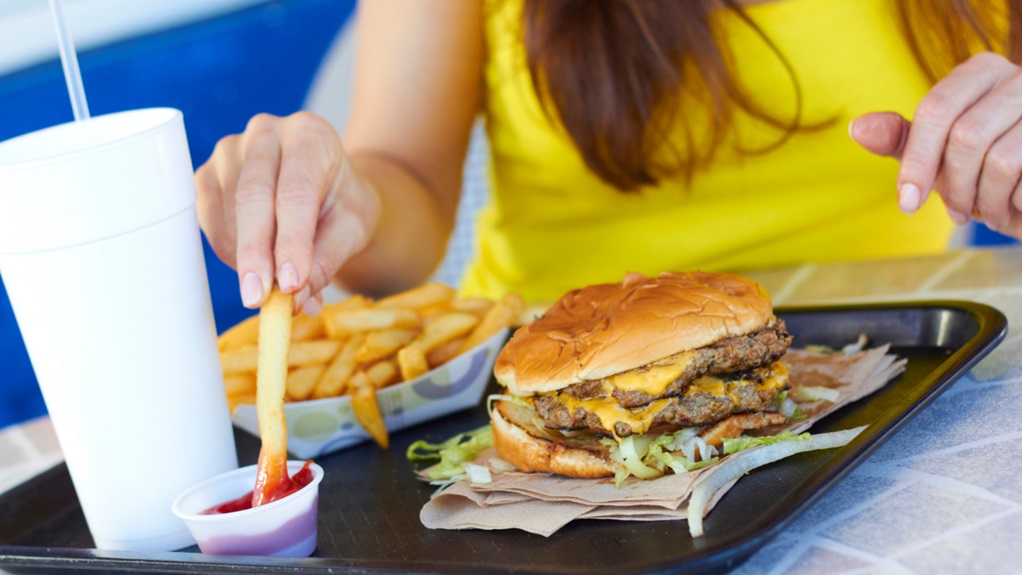Losing weight is not always easy. After surgery, it can be hard to take care of the scarring from surgery as it heals because this area is sensitive and difficult to reach with hand washing or other tasks. In this article, we have mentioned tips to help you minimize scarring after weight loss surgery.
1. Keep the incision clean and dry
Minimize the possibilities of infection by keeping your incision clean and dry. After surgery, you will have some swelling. This may cause the area around the surgery site to swell as well. If this swelling is excessive or if there are any open wounds on the surgical site, you may need to see a doctor immediately (post-surgery).
2. Minimize sun exposure
The skin around your incision may be more sensitive to the sun’s harmful ultraviolet rays, so avoid prolonged sun exposure for several months after surgery. If you go outside, protect the site from direct sunlight by wearing sunscreen and a wide-brimmed hat or visor when you are in direct sunlight.
3. Avoid infections
Your incisions should heal quickly following surgery but take precautions to avoid infection while the surgical site is healing. If you notice any signs of infection, including redness, warmth, swelling, or oozing at your incision site after surgery, contact your doctor immediately.
This may also interest you: Types of Weight Loss Surgery You Must Know.
4. Take pain medication when needed (avoid aspirin or medications that thin your blood).
Avoid over-the-counter pain medication that contains nonsteroidal anti-inflammatory drugs (NSAIDs), including ibuprofen and naproxen. These medications may inhibit the healing process and increase your risk for excessive bleeding.
5. Allow your body to heal
For optimal results after weight loss surgery, your body will need time to recover and adjust. Most patients can return to work 1-2 weeks after the surgery but depending on the type of work you do and other factors such as age, overall health, and activity levels prior to weight loss surgery; it may take longer before you are ready to go back. Speak with your physician about when you can return to work.
6. Keep stress to a minimum
Manage your stress, as this may also affect your recovery time after surgery. Stress can have physical effects on the body that can prolong healing time, including speeding up or slowing down the production of various chemicals in the body that affects inflammation.
7. Eat healthy, nutritious foods
Adequate nutrition is critical to your success after surgery. After weight loss surgery, you will need to consume a greater number of calories from protein and fat than from carbohydrates. If you have had gastric bypass or sleeve gastrectomy, you will need to consume a greater number of calories from protein and fat than if you had gastric banding. With any type of weight loss surgery, it is essential that you follow your doctor’s post-surgical dietary instructions in order to meet your nutrition needs to promote healing.
These tips can help make your transformation more successful and comfortable along the way. We hope we were able to provide some helpful advice about how to minimize scarring after your weight loss surgery in Maryland; now, go out there and start living!




